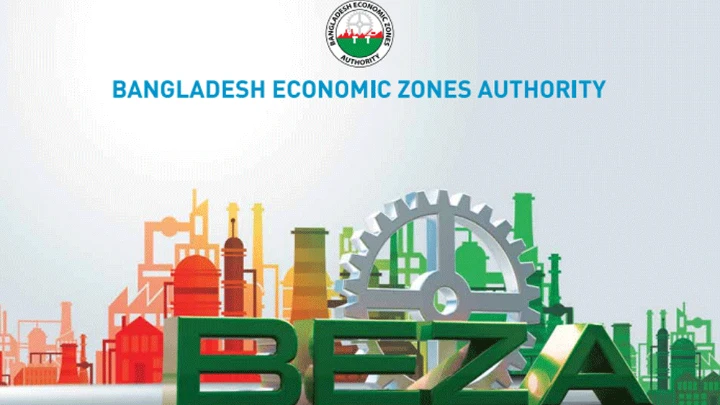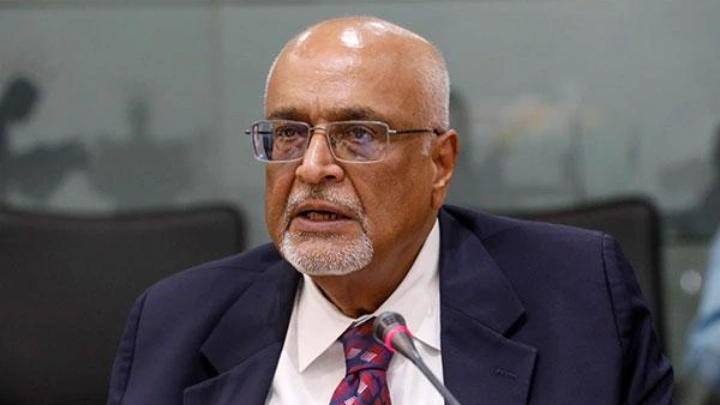China targets new money-laundering risks, including cryptocurrency
South China Morning Post || Shining BD
China’s lawmakers will seek to “monitor and analyse new money-laundering risks”, with a particular focus on emerging technologies such as cryptocurrency, as they review a draft amendment this week.
The draft revision to the Anti-Money Laundering Law will undergo its second round of review during this week’s session of the Standing Committee of the National People’s Congress, China’s top legislative body.
“[The revision] will set requirements to monitor new types of money laundering … to improve the ability to monitor and analyse new money-laundering risks,” Wang Xiang, spokesman for the Legislative Affairs Commission of the Standing Committee, said on Monday.
The revision also refines the definition of anti-money-laundering, with seven types of predicate offences - a crime that is a component of a more complex criminal activity, often associated with money laundering or organised crime - listed.
A catch-all provision to expand the scope of the offences, which aims to better align with the relevant provisions in China’s Criminal Law, will also be added.
The proposed changes will help China to bolster a crackdown on illegal activities and address cryptocurrency-related risks, measures that would also align its practices with global standards as it faces stricter international scrutiny.
Wang Xiang, Legislative Affairs Commission of the Standing Committee spokesman
China does not recognise virtual currencies as legal tender and strictly prohibits their circulation in the market.
“The rapid development of new technologies and business forms has increased the difficulty of detecting and investigating money-laundering activities, which is a common problem faced by countries around the world,” Wang added.
To address the difficulty, the draft revision also includes provisions for the central bank, in cooperation with relevant authorities, to issue guidelines to monitor new money-laundering risks.
Financial institutions are also required to evaluate and address money-laundering risks posed by new business models, said Wang.
Last month, the Supreme People’s Court and the Supreme People’s Procuratorate listed cryptocurrencies, online game coins and tipping during live streaming as channels of money laundering.
And earlier this year, authorities in Beijing dismantled a money-laundering gang that had used virtual currencies to illegally trade foreign currencies, with transactions totalling over 2 billion yuan (US$281 million).
In 2022, authorities in the Inner Mongolia autonomous region charged 63 individuals involved in using blockchain networks to exchange virtual currencies for money laundering in a case involving as much as 12 billion yuan (US$1.7 billion).
The new revision also introduces terms to better balance between managing money-laundering risks and optimising financial services, in particular to protect data and information security, Wang added.
Anti-money-laundering measures should be proportional to the risk involved to ensure the normal flow of capital and the provision of financial services, in terms of the proposed changes, according to Wang.
Financial institutions are required to conduct customer due diligence based on the nature of the transaction and its associated money-laundering risks, with simplified procedures for lower-risk cases, he added.
The amount of virtual currencies involved in criminal cases rose sharply to 430.72 billion yuan (US$60.6 billion) in 2023, more than 12 times the amount in 2022, according to the Beijing-based Safeis, a Chinese tech service firm specialising in global blockchain ecosystem security.
Shining BD







































